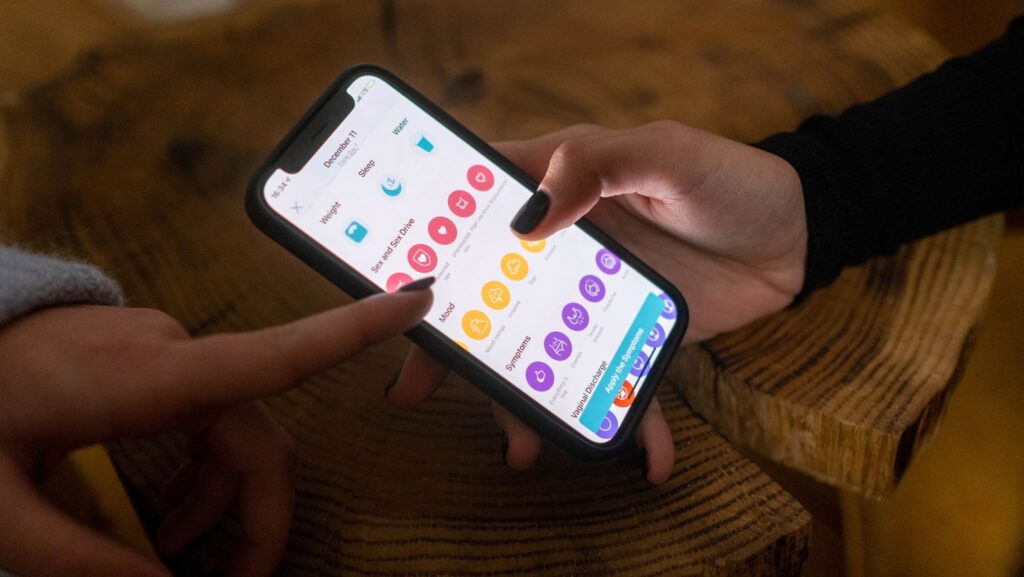
In today’s fast-paced digital world, the way we access education is rapidly evolving. The traditional classroom setting is no longer the only option for learning, and more people are turning to mobile apps for educational purposes. With the rise of online learning platforms, educational institutions, and businesses offering e-learning services, the need for education app development services has never been greater. These services allow for the creation of innovative, engaging, and effective learning experiences that can cater to the needs of students, teachers, and educational institutions alike.
Education app development services encompass a wide range of functionalities and features, making it easier for users to access information, track progress, and engage in interactive learning activities. These services provide businesses and institutions with the tools they need to create apps that foster personalized learning, improve student engagement, and enhance the overall educational experience. This article explores the significance of education app development services, their benefits, and how they are transforming the landscape of education.
1. The Rise of Education Apps
The demand for education apps has grown exponentially over the past few years, driven by the increasing use of smartphones, tablets, and other mobile devices. According to reports, the global e-learning market is expected to reach over $375 billion by 2026. This growth is largely attributed to the increased demand for flexible, on-the-go learning solutions that can be tailored to individual needs.
Education apps provide a platform where students can access course materials, participate in interactive lessons, track their progress, and communicate with peers and instructors. These apps also help teachers manage their classrooms, create assignments, and assess students’ performance in real-time. From K-12 schools to universities and corporate training programs, the benefits of education apps extend to every level of learning.
2. Key Features of Education Apps
Education app development services offer a wide range of features that make the learning process more effective and enjoyable. Some of the key features that are commonly integrated into educational apps include:
- Interactive Lessons and Tutorials: Education apps can deliver engaging content through videos, quizzes, and interactive exercises. These features allow students to learn at their own pace and track their progress.
- Gamification: By incorporating gamification elements such as badges, leaderboards, and rewards, education apps can make learning more fun and engaging. Gamification encourages students to stay motivated and strive for continuous improvement.
- Real-Time Assessments: Education apps allow for real-time quizzes, assignments, and exams that help track student progress. Teachers can provide immediate feedback, which can help students identify areas for improvement.
- Personalized Learning: Personalized learning experiences are one of the most significant advantages of education apps. By analyzing a student’s performance and preferences, education apps can deliver tailored content that addresses individual needs and learning styles.
- Collaboration and Communication Tools: Education apps often include features that facilitate collaboration among students and between students and teachers. Discussion forums, chat rooms, and video conferencing tools enable seamless communication and engagement.
- Offline Access: Many education apps allow students to download content and access it offline. This feature is particularly beneficial for learners in areas with limited internet connectivity.
- Progress Tracking: Students and teachers can track learning progress through dashboards, providing insights into areas of strength and areas that need improvement.
- Multi-Language Support: Education apps can be designed to support multiple languages, making them accessible to a global audience.
3. Types of Education Apps
There are various types of education apps, each serving a different purpose. Education app development services can create apps that cater to different educational needs, such as:
- Learning Management Systems (LMS): LMS apps are platforms that allow institutions to manage and deliver educational content. They include features such as course creation, assessments, and grade tracking. LMS apps are widely used in schools, colleges, and universities.

- E-Learning Platforms: These apps are designed for students to access courses and learning materials online. E-learning platforms often offer features like video lectures, quizzes, assignments, and discussion forums.
- K-12 Education Apps: These apps cater specifically to the needs of K-12 students. They include educational games, practice tests, and interactive learning modules that are designed to make learning fun and engaging.
- Language Learning Apps: Language learning apps are focused on helping users learn new languages. These apps typically feature interactive lessons, quizzes, and vocabulary games to facilitate language acquisition.
- Test Preparation Apps: Test preparation apps are designed to help students prepare for standardized tests, such as the SAT, GRE, GMAT, or IELTS. These apps offer practice tests, study materials, and tips for improving test performance.
- Corporate Training Apps: Corporate training apps are used by companies to train their employees. These apps may include courses on professional development, compliance, and industry-specific skills.
- Tutor Apps: Tutor apps connect students with tutors for one-on-one lessons. These apps facilitate scheduling, payment, and communication between students and tutors.
4. Benefits of Education App Development Services
The development of educational apps offers a wide range of benefits to both learners and educators. These benefits include:
- Accessibility: Education apps make learning accessible to people of all ages, locations, and backgrounds. Students can access lessons and materials anytime, anywhere, as long as they have an internet connection. This flexibility is particularly useful for individuals with busy schedules or those who live in remote areas.
- Engagement: Education apps help increase student engagement by providing interactive and multimedia-rich content. The use of gamification, quizzes, and videos helps make learning more enjoyable and encourages students to stay motivated.
- Cost-Effectiveness: Traditional education often comes with high costs, including textbooks, classroom materials, and travel expenses. Education apps reduce these costs by providing digital resources that are often more affordable or even free.
- Customization: Education apps can be tailored to meet the specific needs of learners. Whether it’s offering courses in different subjects, adjusting the difficulty level, or providing personalized feedback, apps provide a more customized learning experience than traditional methods.
- Real-Time Feedback: Both students and educators benefit from real-time feedback. Students can track their progress through quizzes, tests, and assessments, while teachers can monitor performance and provide instant feedback to help improve learning outcomes.
- Data-Driven Insights: Education apps generate valuable data that can be analyzed to improve the learning experience. By tracking student progress and engagement, educational institutions and businesses can gain insights into what works and what doesn’t, enabling them to make data-driven decisions to improve their programs.
5. Education App Development Process
Developing an education app involves several steps, each of which plays a crucial role in ensuring that the app is user-friendly, functional, and effective. The typical education app development process includes:
- Requirement Analysis: The first step in app development is to understand the target audience, their needs, and the features required in the app. This phase involves discussions with stakeholders, including teachers, students, and educational institutions, to gather insights and define the scope of the app.
- Design and Prototyping: Once the requirements are gathered, the next step is to design the app. This includes creating wireframes, UI/UX designs, and prototypes. The design phase is crucial for ensuring that the app is easy to navigate and visually appealing.
- App Development: During this phase, the actual development of the app begins. Developers use programming languages such as Java, Swift, or React Native to build the app. The development process includes coding, integrating third-party tools, and testing the app’s functionality.
- Quality Assurance and Testing: Before launching the app, it undergoes rigorous testing to identify bugs and ensure that all features work as intended. Testing is essential to ensure the app’s performance, security, and usability.
- Deployment: After testing, the app is ready for deployment. It is submitted to app stores like Google Play or the Apple App Store for approval. Once approved, the app is made available to users.
- Maintenance and Updates: After the app is launched, regular updates and maintenance are required to fix bugs, improve performance, and add new features. Education app development services include ongoing support to ensure the app remains functional and up to date.
6. Conclusion
Education app development services have revolutionized the way we learn and teach. They offer personalized, engaging, and accessible learning experiences that cater to the needs of both students and educators. With the increasing demand for mobile learning solutions, education apps are becoming an essential tool in the modern education landscape.

Whether you’re a school, university, or business looking to develop an educational app, partnering with a reliable education app development service provider can help you create an app that enhances the learning experience and meets the needs of your users.












